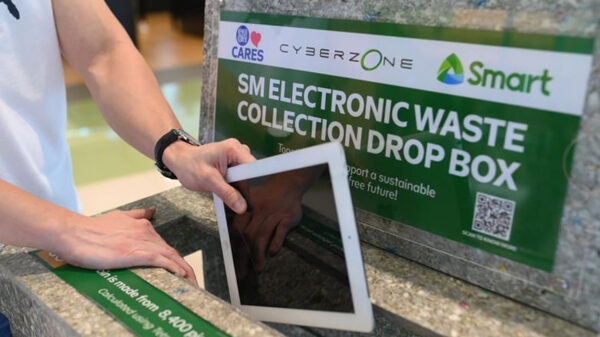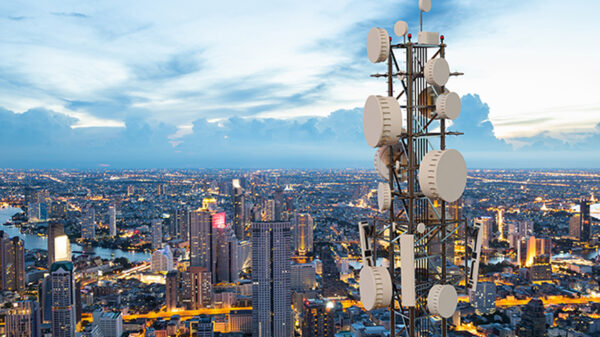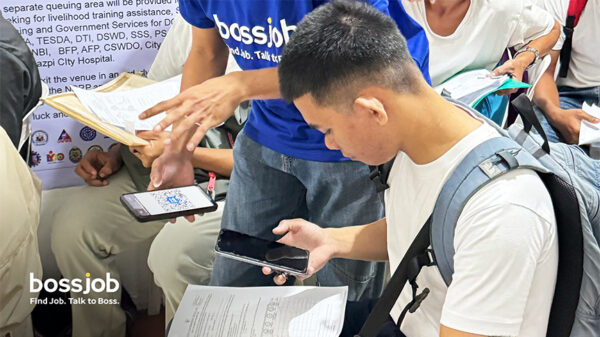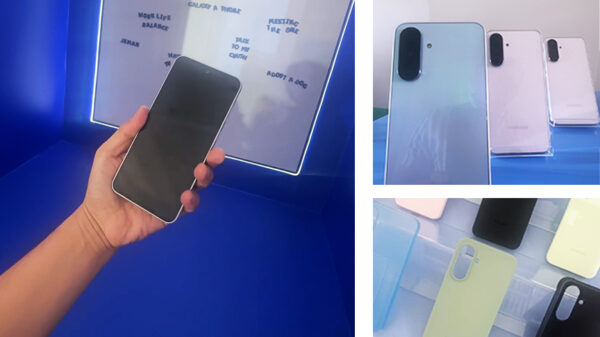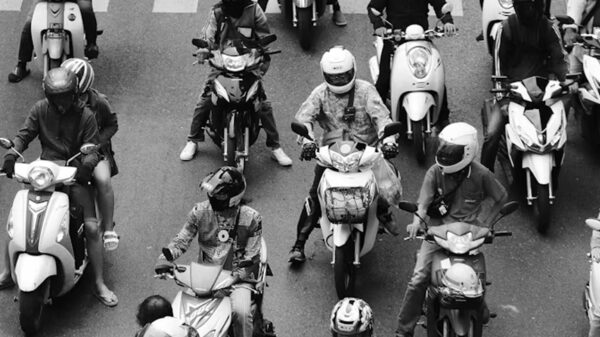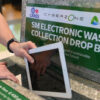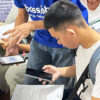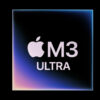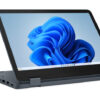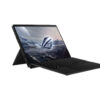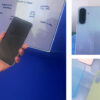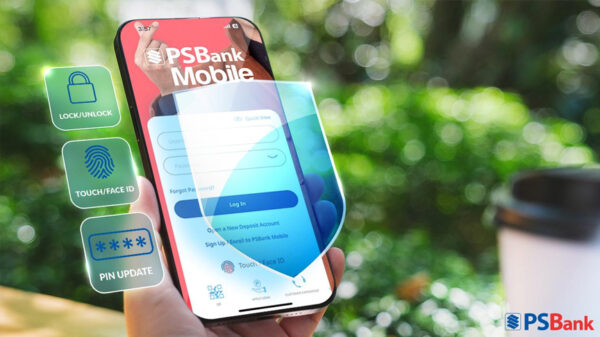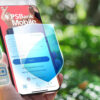Today, self-expression is not only about showing our individuality through the clothes we wear and how we look but also by what we do online – with many of us using new media to share our views and beliefs. How can people create their digital identities and express themselves while keeping their unique personality safe online?
To raise awareness about the importance of privacy and freedom of self-expression, Kaspersky and international techwear brand KRAKATAU have launched a collection of garments that can be customized via an owner’s digital identity imprint – the Safe_expression collection.
According to recent Kaspersky research, 37% of millennials think that they are too boring to ever be the victim of cybercrime.
However, an analysis of several Darknet markets by Kaspersky experts shows that our data can be valuable not only for us but also for cybercriminals.
Among the most prized and desired data sold on these markets are selfies that are shared with documents, such as:
- passports or drivers’ licenses (worth up to $40-60/Php 1,920 -2,880)
- medical records (up to $30/Php 1,440)
- credit card details (up to $20/Php 960)
- PayPal accounts (up to $500/Php 24,000), and
- full ID information (up to $10/Php 480). This information can be used for various malicious purposes, from using peoples’ data to receive money, to blackmailing them.
The internet and online services give us vast opportunities to share our views and connect with people around the world, and we need to make sure it is a safe place to express ourselves.
Today, being an individual means being brave and bold with your opinions and the task of safely expressing ourselves becomes a non-trivial one. Kaspersky is committed to protecting people’s unique data and aims to create opportunities so people can express themselves safely.
The exclusive collection designed with KRAKATAU invites you to create a garment that shows off your unique personality and reveals how ready you are to protect your privacy. The clothing items are based on a person’s digital imprint.
By simply answering a few questions from a special chatbot about your online behavior and privacy habits, you will receive your very own unique print. The print is crafted from unique algorithms that analyze users’ privacy concerns. The more a person is concerned about their privacy – the more complex or the more harmonious a print will be.
“Expressing individuality has always been important for people and today we have a lot more opportunities to do it digitally. We see how people can create a positive change in the world by sharing their stories and what they stand for. But it’s also important that our self-expression should also be safe as each one of us is unique and the data we share online is highly personal and valuable, making it crucial for us all to know how to protect it,” comments Andrew Winton, Vice President for Global Marketing at Kaspersky.
“By creating this collection with KRAKATAU we want to talk about privacy and safety in a way that it can relate to fashion and simply explain how your self-expression can remain independent and protected,” adds Winton.
“What we especially liked about this collaboration idea is the creative Do It Yourself (DIY) element, where people can customize clothes to fit their personalities. What’s more, the customization is not based on people’s emotions but on how they use their devices and their digital habits, which is highly important in today’s digital world. In the end, security has become the key theme of the collection – it demonstrates how you can keep your data safe online, while the clothing items from the collection protect you from harsh real-world weather conditions,” comments the KRAKATAU team.
The Safe_expression limited collection uses experimental technologies and features t-shirts, sweatshirts and jackets in contrasting black and neon green colors. The items in the collection are made of Repreve functional recycling insulation and membrane fabric with water-repellent coating. Each piece is complemented by minimalistic design marks and can activate the idea behind the collection, which is to create a personalized garment customized by your digital imprint in an online builder, via the brand’s website.

